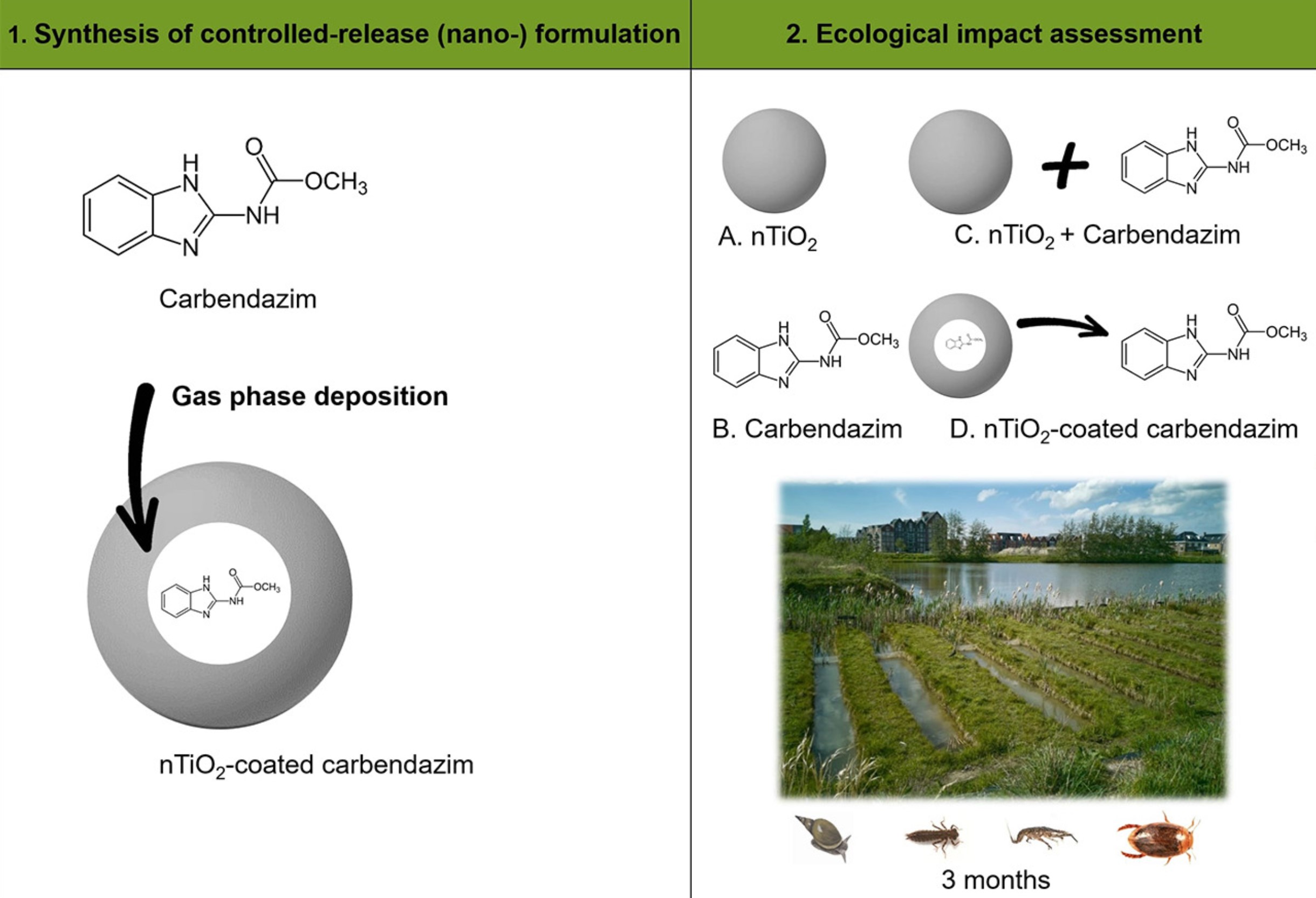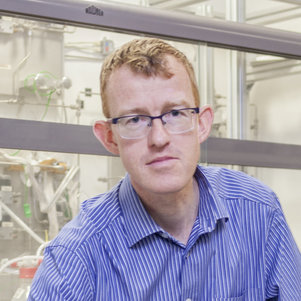Reduced environmental pressure by nanocoating pesticides
Recently, the European Commission announced that it aims to reduce the environmental impact of agriculture by halving the pesticide use by 2030. In a joint effort, Leiden and Delft researchers are exploring one way to reach such an effort.
When spreading pesticides over the fields, the temporary concentration might be much higher than really needed. Moreover, pesticides might partly wash away by rain showers, and end up unused in the surface water. Recently, a TU Delft team led by prof. Ruud van Ommen developed an approach for more gradual release of pharmaceutics by applying nanocoatings; they now propose to use this also to reduce the amounts of required pesticides. In collaboration with prof. Martina Vijver and her team at Leiden University, they have made a first step in testing whether this approach is safe for the environment.
The idea is to provide grains of pesticide with a nanocoating that slows down the release; carbendazim, used to kill parasitic fungi, was used as a model system. The goal of the current project was to test whether the used titania nanocoating would not give an additional environmental burden. Tests in the Living Lab of Leiden do not show a detrimental effect of the nanocoating on aquatic life, while reducing the amount of carbendazim will lead to a positive effect.
Nederstigt, T. A., Peijnenburg, W. J., Schrama, M., van Ommen, J. R., & Vijver, M. G. (2022). Impacts of a novel controlled-release TiO2-coated (nano-) formulation of carbendazim and its constituents on freshwater macroinvertebrate communities. Science of The Total Environment, 156554.

